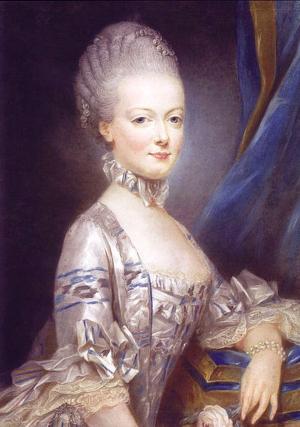Tito. A Biography.
Nonfiction, Social & Cultural Studies, Political Science, Government, Communism & Socialism, Biography & Memoir, Political, Historical| Author: | Phyllis Auty | ISBN: | 1230002091112 |
| Publisher: | Beograd : Partizdat | Publication: | January 13, 2018 |
| Imprint: | Language: | English |
| Author: | Phyllis Auty |
| ISBN: | 1230002091112 |
| Publisher: | Beograd : Partizdat |
| Publication: | January 13, 2018 |
| Imprint: | |
| Language: | English |
Josip Broz (7 May 1892 – 4 May 1980), commonly known as Tito, was a Yugoslav communist revolutionary and statesman, serving in various roles from 1943 until his death in 1980. During World War II, he was the leader of the Partisans, often regarded as the most effective resistance movement in occupied Europe. While his presidency has been criticized as authoritarian and concerns about the repression of political opponents have been raised, some historians consider him a benevolent dictator. He was a popular public figure both in Yugoslavia and abroad. Viewed as a unifying symbol, his internal policies maintained the peaceful coexistence of the nations of the Yugoslav federation. He gained further international attention as the chief leader of the Non-Aligned Movement, working with Jawaharlal Nehru of India, Gamal Abdel Nasser of Egypt and Sukarno of Indonesia.
Phyllis Auty is known for her writings on contemporary Yugoslavia..She is Reader in South Slav History at the‘School of Slavonic and East European Studies, University of London, and has written a number of books and articles on Yugoslav affairs and history. During the second world war she worked in the Political Intelligence Department of the Foreign Office, later with the War Office, and served in the Middle East and in Bari, her work being connected with the dramatic wartime developments which brought Tito to power in Yugoslavia.
Immediately after the war, she visited Yugoslavia on behalf of the United Nations Relief and Rehabilitation Organization, and since then has visited the country almost every year. This has enabled her to be a constant observer of the career of President Tito in post-war Yugoslavia, where he and his supporters have developed their own unique form of communist state independent of the Soviet Union. Phyllis Auty has twice personally interviewed President Tito, the last time being on his private island of Vanga off Brioni in October 1968. She has interviewed most of his close colleagues in the leadership group that came to the fore during the war and retained power for so long afterwards, and has had the opportunity of working with or interviewing many British and American people who have been connected with Yugoslav affairs in the war and post-war years.
Josip Broz (7 May 1892 – 4 May 1980), commonly known as Tito, was a Yugoslav communist revolutionary and statesman, serving in various roles from 1943 until his death in 1980. During World War II, he was the leader of the Partisans, often regarded as the most effective resistance movement in occupied Europe. While his presidency has been criticized as authoritarian and concerns about the repression of political opponents have been raised, some historians consider him a benevolent dictator. He was a popular public figure both in Yugoslavia and abroad. Viewed as a unifying symbol, his internal policies maintained the peaceful coexistence of the nations of the Yugoslav federation. He gained further international attention as the chief leader of the Non-Aligned Movement, working with Jawaharlal Nehru of India, Gamal Abdel Nasser of Egypt and Sukarno of Indonesia.
Phyllis Auty is known for her writings on contemporary Yugoslavia..She is Reader in South Slav History at the‘School of Slavonic and East European Studies, University of London, and has written a number of books and articles on Yugoslav affairs and history. During the second world war she worked in the Political Intelligence Department of the Foreign Office, later with the War Office, and served in the Middle East and in Bari, her work being connected with the dramatic wartime developments which brought Tito to power in Yugoslavia.
Immediately after the war, she visited Yugoslavia on behalf of the United Nations Relief and Rehabilitation Organization, and since then has visited the country almost every year. This has enabled her to be a constant observer of the career of President Tito in post-war Yugoslavia, where he and his supporters have developed their own unique form of communist state independent of the Soviet Union. Phyllis Auty has twice personally interviewed President Tito, the last time being on his private island of Vanga off Brioni in October 1968. She has interviewed most of his close colleagues in the leadership group that came to the fore during the war and retained power for so long afterwards, and has had the opportunity of working with or interviewing many British and American people who have been connected with Yugoslav affairs in the war and post-war years.















